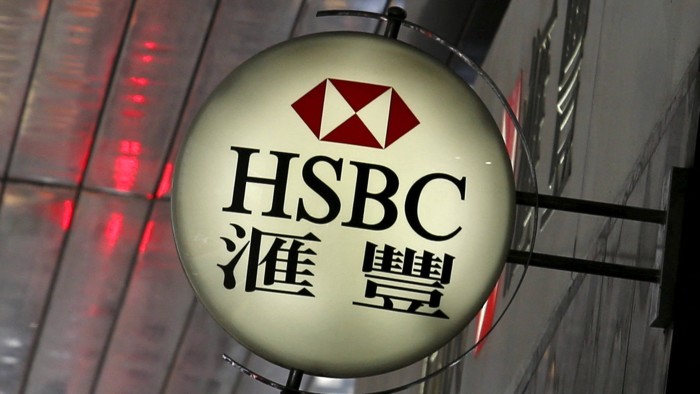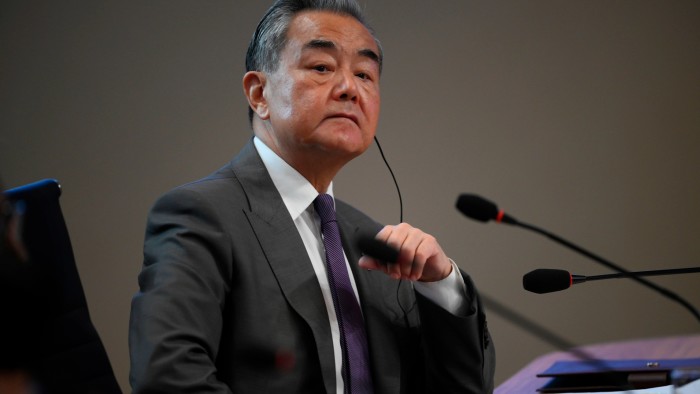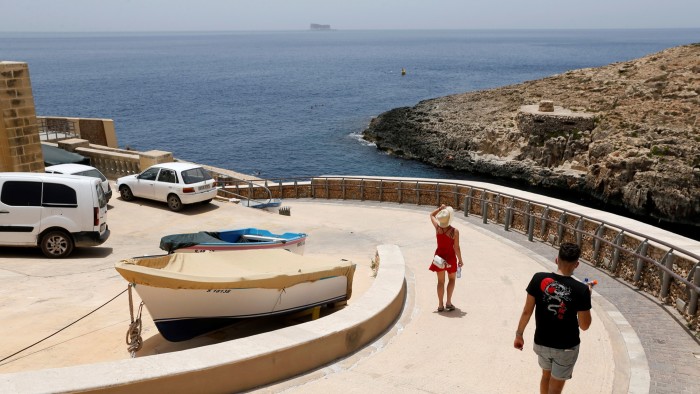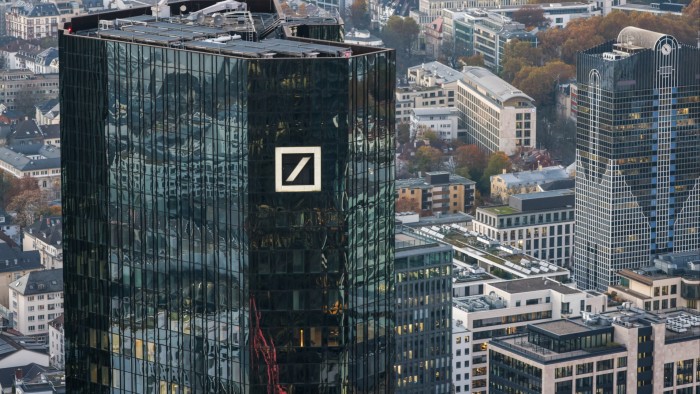HSBC raises bad loan provisions and expects ‘muted’ lending from tariffs

Unlock the Editor’s Digest for free
Roula Khalaf, Editor of the FT, selects her favourite stories in this weekly newsletter.
HSBC has increased its provisions for bad loans and predicted lending will be muted this year, citing uncertainty, market turmoil and a deteriorating economic outlook from higher tariffs and geopolitical tensions.
The UK-based bank raised its expected credit losses by $202mn to $876mn in the first quarter of 2025, slightly higher than analysts’ estimates. The year-on-year increase included $100mn specifically for its exposure to Hong Kong’s commercial property sector.
“Given current levels of uncertainty and market turmoil”, the bank expects global demand for lending to “remain muted during 2025”.
It projected a “low single-digit percentage” impact on its revenues and an additional $500mn in incremental bad loan provisions in a scenario with “significantly higher tariffs”.
Chief executive Georges Elhedery said HSBC would enter “this period of economic uncertainty and market unpredictability . . . from a position of financial strength”.
The group on Tuesday announced a share buyback of up to $3bn that would begin after its annual meeting on May 2. It declared a first-quarter dividend of $0.10 a share. The bank’s Hong Kong-trade stock rose as much as 2.3 per cent following its earnings release.
Pre-tax profits fell 25 per cent to $9.5bn in the first three months of the year, beating analyst expectations of $9.1bn compiled by Bloomberg. They were down from $12.7bn a year earlier when it recorded net one-off gains related to the sales of its units in Canada and Argentina.
Net interest income fell to $8.3bn from $8.7bn a year ago, reflecting the sale of its Argentine business.
Its net interest margin — the difference between what a bank pays on its deposits and earns on its loans — declined by 0.04 percentage points, highlighting HSBC’s need to refocus on non-rate-sensitive revenue sources.
Earnings from the group’s wealth and premier banking segment increased slightly year on year, driven by a $250mn growth in wealth revenues that the lender credited to increased trading through its brokerage.
Since becoming chief executive in September, Elhedery has embarked on a cost-cutting plan that involves $300mn of savings in 2025 and a total $1.5bn cut from its annual cost base by the end of 2026.
The savings are part of a larger restructuring, including reorganising operations into “eastern” and “western” sections that it swiftly renamed, closing parts of its investment banking business and axing a middle layer of bankers.
The lender announced a “strategic review” of its Maltese business and said it had “made progress” on divesting its German private banking, South African and French life insurance units.
HSBC also said it expected its share in Bank of Communications to be diluted from 19 per cent to 16 per cent after the Chinese lender announced a Rmb120bn ($16.5bn) share issuance plan, resulting in a paper loss of up to $1.6bn for HSBC.




